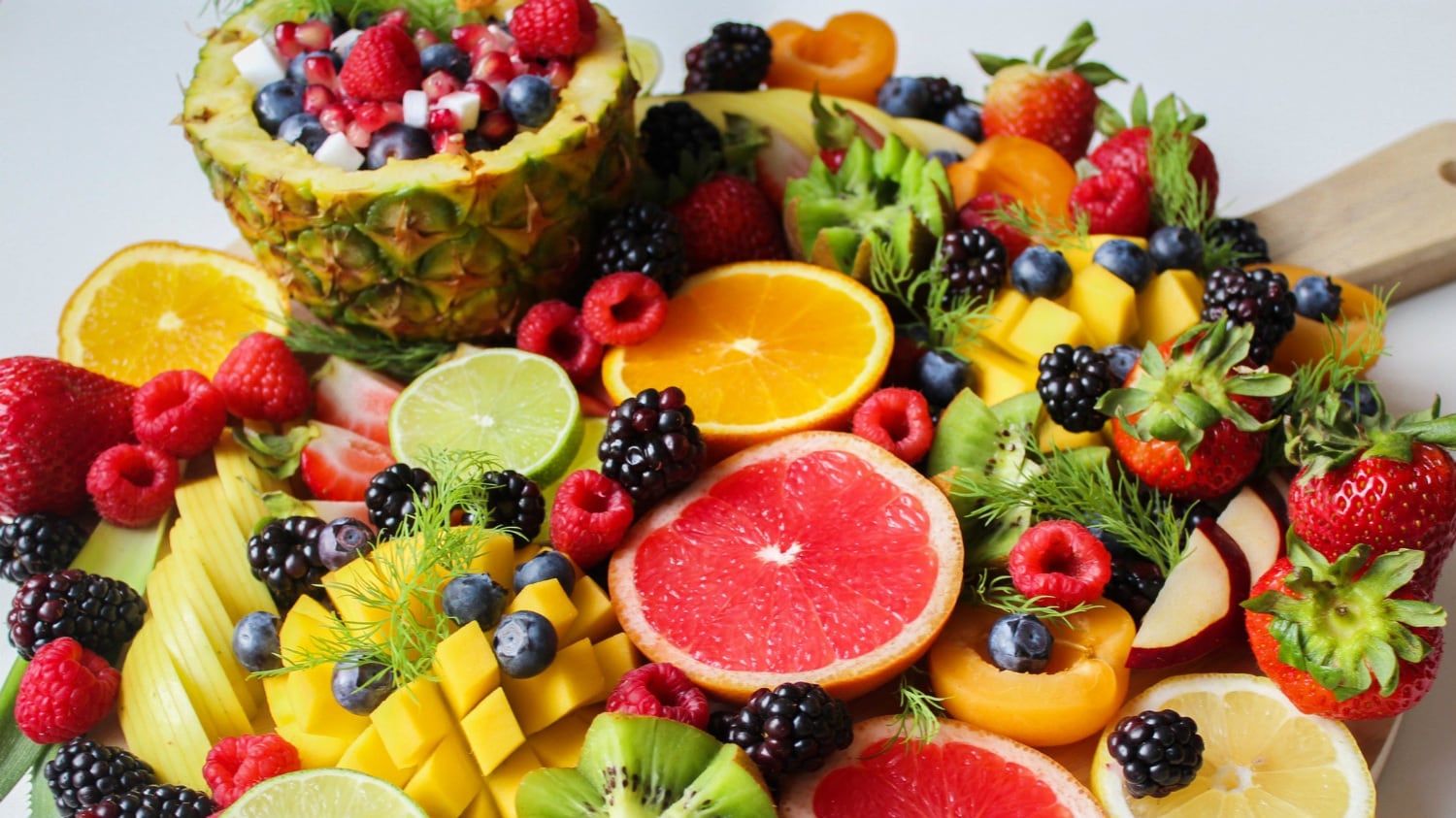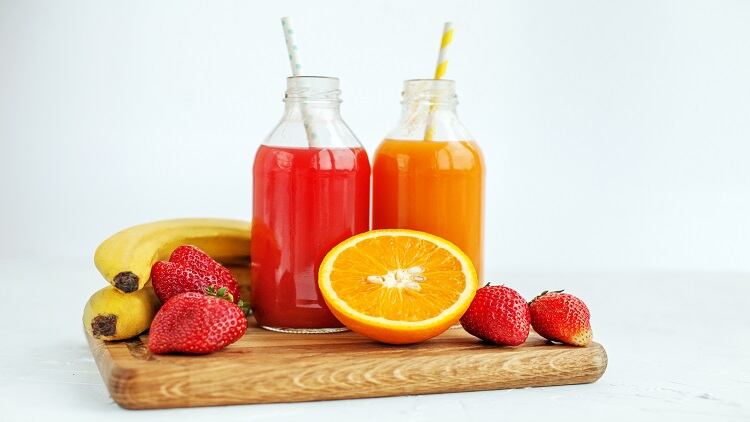Speaking after the decision was made at his office, PFA Director General Retired Captain Muhammad Usman said: “[Many] carbonated and non-carbonated drinks […] in the market [that were being sold as fruit drinks] did not keep the natural nutrition of fruit (sic).”
“[Many of these] flavoured drinks [were] produced with the contamination (sic) of chemicals and artificial flavours, which did not have a positive impact on the growth of consumers (sic).”
The PFA’s official statement also stated that it is now compulsory for juice manufacturing companies to state the fruit ingredient content within their fruit-based products on the packaging.
The PFA has classified juices into six categories, based on ‘standard and quantity of fruit’. These are: Carbonated/Non-carbonated Flavoured Drinks, Flavoured Powdered Drinks, Fruit Beverage and Fruit Drinks, Fruit Nectars, Fruit Syrup and Fruit Squash, and Fruit Juices (100% fruit).
Usman added that from now, beverages that are to be classified as ‘fruit beverages and drinks’ should have at least an 8% content of fruit ingredients.
“[Also], the amount of fruit in the fruit squash product should [be] 25% to 50%,” he added.
In addition, Usman said that: “[Citizens] should give preference to home-made beverages and juices instead of packed beverages which are selling in the market’.
Other packaging-related bans in India
Earlier this year, the Indian state of Maharashtra banned the use of single-use plastic packaging, in response to Prime Minister Narendra Modi’s objective of eliminating single-use plastic use in the country by 2022.
This move was rapidly followed by several other states and union territories in the country, and 25 of these had enforced a partial or full ban on single-use plastics by August 2018.
However, this decision faced vigorous pushback by the food and beverage companies, plastic industry organisations and other lobbyists who requested both a softening of rules as well as more time to prepare for such a move.
The All India Plastics Manufacturers Association (AIPMA) stated that over 700,000 jobs would be lost due to the ban, whether directly or indirectly linked to the plastic industry.
Food safety violations taking various forms in Punjab
In just 10 days spanning October 29 to November 7, PFA made three major food safety-related busts in the Punjab province.
The first big operation on October 29 yielded INR2.5mn (~US$34,000) worth of expired beverages. PFA confiscated over 999,000 tins of energy drinks, 198,000 packets of juices, 122,000 packets of malt beverages, 680,000 packs of coffee beans and 396,000 packs of Nescafe coffee in a single night.
Following this on October 30, PFA discovered five illegal dairy production sites that were producing adulterated dairy products. Adulterants found included chemicals, powders, urea, polluted water and detergent.
Some 6,000 litres of fake milk were confiscated, and the production units sealed. Usman said via the PFA official statement that the adulterated products were being supplied to big cities.
This was followed by the seizure of rotten and spoilt eggs worth some INR1mn (~US$13,700) on November 7. Roughly 126,000 eggs were found in a cold store, and Usman added that these were being used to make bakery products.



